Prop Trading Firms - The 24 Best For 2024
All about proprietary trading firms.List of the top prop firms, reviews, and how to pass the challenges.The best for Forex, Futures, Crypto, and Stocks.
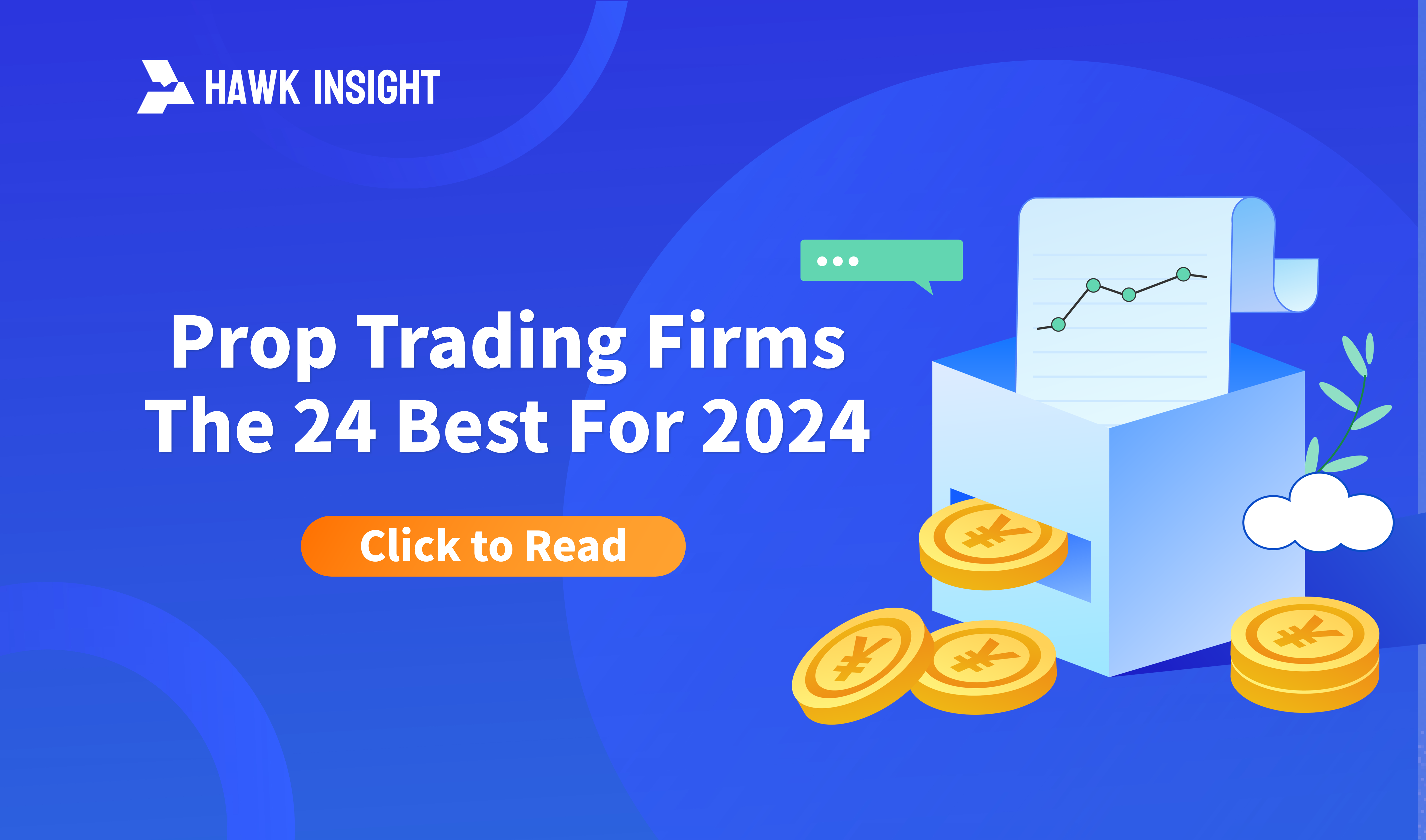
Choosing the right proprietary trading firm is crucial, as the wrong choice can significantly impact your trading career. This article ranks the top 24 proprietary trading firms of 2024 and provides a detailed analysis and comparison.
Award Winners by Category
Here are the award-winning firms in different categories:
-
Best Futures Trading Firms:
- Apex Trader Funding
- Topstep
-
Best Forex Trading Firms:
- FTMO
- Funded Trading Plus
-
Best Cryptocurrency Trading Firm:
- HyroTrader
-
Best Stock Trading Firm:
- Trade The Pool
Proprietary Trading Firm Profiles
After analyzing dozens of firms, reading hundreds of reviews, and compiling extensive information, we have carefully selected the proprietary trading firms with the best potential to help you showcase your trading skills and grow together.
FTMO
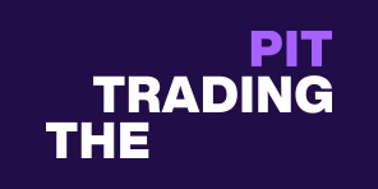
- Rating: 4.9
- Overview: Forex, indices, metals, commodities, stocks, cryptocurrencies; maximum balance $2,000,000; profit split up to 90%; fees starting at €155.
- Pros: High profit split; diverse asset categories; high maximum account balance.
- Cons: High fees; challenging evaluation process.
Funded Trading Plus
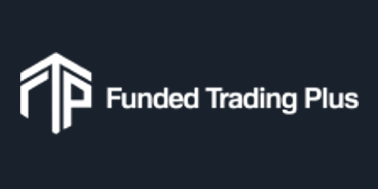
- Rating: 4.9
- Overview: Forex, indices, metals, commodities, cryptocurrencies; maximum balance $2,500,000; profit split up to 100%; fees starting at $119.
- Pros: 100% profit split; high maximum account balance.
- Cons: High fees; lengthy evaluation and challenge process.
Topstep
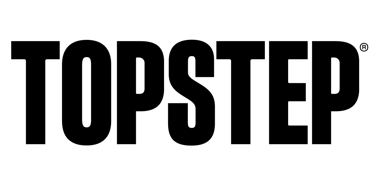
- Rating: 4.9
- Overview: Futures; maximum balance $150,000; profit split 90%; fees starting at $165/month.
- Pros: Strong trading support; high profit split; no fixed fees.
- Cons: Monthly fees; relatively low account balance.
Apex Trader Funding
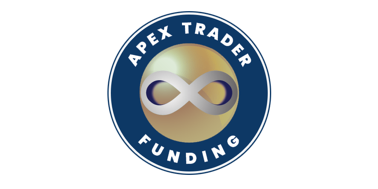
- Rating: 4.9
- Overview: Futures; maximum balance $300,000; profit split 90%; fees starting at $137/month.
- Pros: Higher maximum account balance; good profit split.
- Cons: Monthly fees; challenging evaluation process.
Take Profit Trader
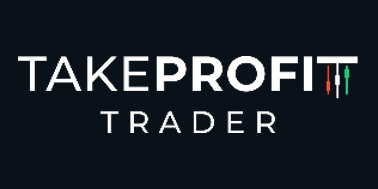
- Rating: 4.8
- Overview: Futures; maximum balance $150,000; profit split up to 90%; fees starting at $150/month.
- Pros: High profit split; flexible evaluation options.
- Cons: Relatively high fees; lower account balance.
FundedNext
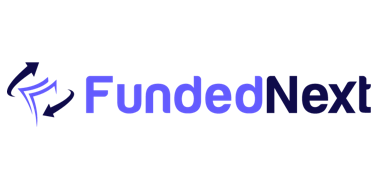
- Rating: 4.8
- Overview: Forex, indices, metals, commodities, cryptocurrencies; maximum balance $4,000,000; profit split up to 90%; fees starting at $32.
- Pros: Extremely high account balance; low fees; diverse asset choices.
- Cons: Complex profit split conditions; potentially lengthy evaluation process.
HyroTrader
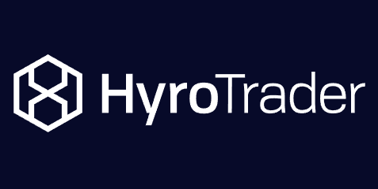
- Rating: 4.8
- Overview: Cryptocurrency spot, futures, options; maximum balance $1,000,000; profit split up to 90%; fees starting at $89.
- Pros: High profit split; diverse cryptocurrency products; high maximum account balance.
- Cons: Cryptocurrency market volatility; high fees.
My Funded Futures

- Rating: 4.7
- Overview: Futures; maximum balance $150,000; profit split 90%; fees starting at $100/month.
- Pros: High profit split; moderate fees; suitable for beginners.
- Cons: Lower account balance; monthly fees.
FTUK
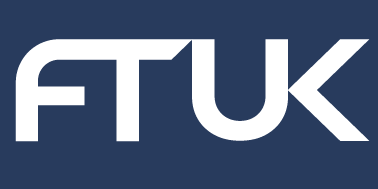
- Rating: 4.7
- Overview: Forex, indices, commodities, cryptocurrencies; maximum balance $5,760,000; profit split 80%; fees starting at $149.
- Pros: High maximum account balance; diverse asset choices.
- Cons: Lower profit split; high fees.
The Trading Pit

- Rating: 4.6
- Overview: Forex, indices, metals, commodities, stocks, cryptocurrencies, futures; maximum balance $5,000,000; profit split up to 80%; fees starting at €99.
- Pros: Extremely high account balance; broad asset selection.
- Cons: Lower profit split; high fees.
Elite Trader Funding
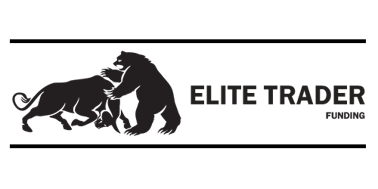
- Rating: 4.6
- Overview: Futures; maximum balance $300,000; profit split 80%; fees starting at $80/month.
- Pros: High account balance; reasonable fees; suitable for experienced traders.
- Cons: Lower profit split; monthly fees.
E8 Markets
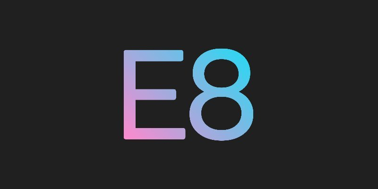
- Rating: 4.5
- Overview: Forex, indices, metals, commodities, stocks, cryptocurrencies; maximum balance $400,000; profit split 80%; fees starting at $48.
- Pros: Reasonable fees; good account balance.
- Cons: Lower profit split; challenging evaluation process.
TradeDay
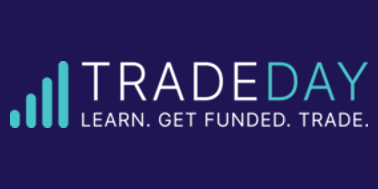
- Rating: 4.5
- Overview: Futures; maximum balance $250,000; profit split 90%; fees starting at $99/month.
- Pros: High profit split; moderate fees; high account balance.
- Cons: Monthly fees; challenging evaluation requirements.
UProfit
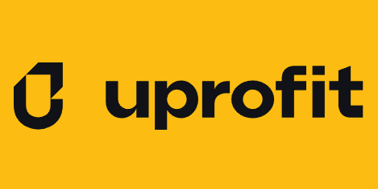
- Rating: 4.4
- Overview: Futures; maximum balance $200,000; profit split up to 80%; fees starting at $89/month.
- Pros: Moderate fees; good account balance.
- Cons: Lower profit split; monthly fees.
Bulenox
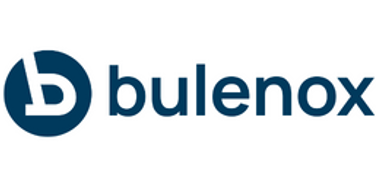
- Rating: 4.3
- Overview: Futures; maximum balance $250,000; profit split 90%; fees starting at $115/month.
- Pros: High profit split; good account balance.
- Cons: Monthly fees; potentially complex challenge process.
City Traders Imperium
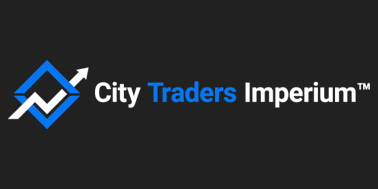
- Rating: 4.3
- Overview: A UK-based forex prop firm established in 2018.
- Pros: Offers immediate funding support and flexible trading conditions.
- Cons: Lower profit split and significant leverage restrictions.
Audacity Capital
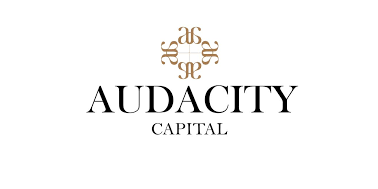
- Rating: 4.2
- Overview: A London-based forex prop firm founded in 2012.
- Pros: Rapid account scaling with no time restrictions.
- Cons: Low profit split and limited leverage.
Trade The Pool
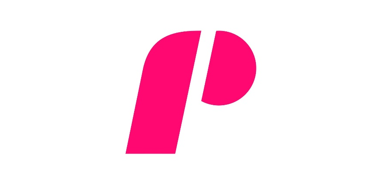
- Rating: 4.2
- Overview: An Israel-based stock prop firm established in 2016.
- Pros: Utilizes real funded accounts, focused on stock trading.
- Cons: Lower profit split for small accounts.
TickTickTrader
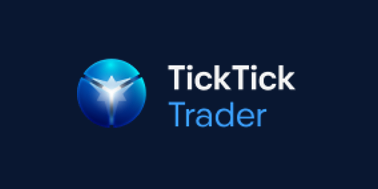
- Rating: 4.2
- Overview: A Romania-based futures prop firm founded in 2022.
- Pros: Offers a high 90% profit split and multiple account options.
- Cons: High minimum withdrawal threshold and no support for algorithmic trading.
Traders With Edge

- Rating: 4.2
- Overview: A Hong Kong-based forex prop firm established in 2022.
- Pros: Provides scalable funding up to $3 million with immediate funding support.
- Cons: Lower maximum profit split and limited trading instruments.
Earn2Trade
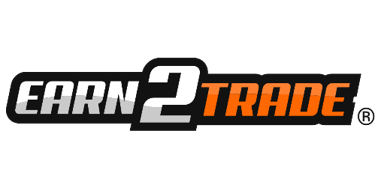
- Rating: 4.1
- Overview: A US-based futures prop firm founded in 2017.
- Pros: Well-regarded company reputation with a wide range of trading tools.
- Cons: Educational resources require payment, and there are intraday trading restrictions.
Lux Trading Firm
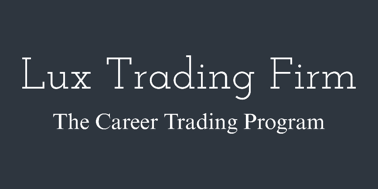
- Rating: 4.1
- Overview: A London-based forex prop firm established in 2020.
- Pros: Offers a free trial, and accounts can scale up to $10 million.
- Cons: Lower profit split and no support for copy trading.
Leeloo Trading

- Rating: 4.0
- Overview: A US-based futures prop firm founded in 2019.
- Pros: Low entry account fees and allows swing trading.
- Cons: High payout threshold and requires a minimum of 30 days of trading.
Toptier Trader
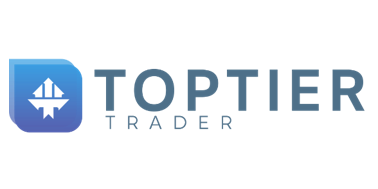
- Rating: 4.0
- Overview: A US-based forex prop firm founded in 2021.
- Pros: High forex leverage with funding accounts that can scale up to $2 million.
- Cons: Only offers a 2-step challenge with limited features.
Overview of Proprietary Trading Firms
A Proprietary Trading Firm (Prop Firm) is a financial institution that engages in market trading using its own capital. Unlike traditional brokerage firms that charge commissions and offer advisory services, proprietary trading firms provide their own capital to traders, who use it to trade according to their strategies. In return, the firm takes a share of the profits, allowing traders to trade with the firm's funds while minimizing their own financial risk.
Operational Mechanism of Proprietary Trading Firms
Capital Provision and Profit Sharing
Proprietary trading firms typically have substantial capital reserves. Traders receive funding from the firm to trade, and they can keep up to 80%-90% of the profits they generate. The profit-sharing ratio varies among firms. This arrangement allows traders to leverage their skills while reducing personal financial risk.
Support and Resources
Proprietary trading firms offer various supports and resources to traders:
- Trading Software: Firms provide access to advanced trading platforms such as MetaTrader 4 and 5, cTrader, DxTrade, and MatchTrader, which facilitate efficient and precise trading.
- Education and Training: Comprehensive training programs are often provided, covering market analysis, trading strategies, and risk management. Some firms also offer simulated trading accounts for practice before trading with real funds.
- Risk Management: Strict risk management rules are enforced, including daily loss limits and overall drawdown limits. These rules are designed to help traders manage risk and ensure they operate within set parameters.
Challenges and Evaluation
To gain access to funding, traders must pass an evaluation phase. This process generally involves the following stages:
Challenge Phase
Traders must complete a challenge in a simulated environment. The core evaluation criteria include:
- Profit Targets: Traders need to achieve minimum profit levels within a specified timeframe.
- Risk Control: Traders must adhere to the firm's loss limits, including maximum daily losses and overall drawdowns. These limits ensure that traders do not incur excessive losses.
Simulated Trading
The simulation phase mimics real trading conditions, where traders demonstrate their ability to generate consistent profits while managing their account balance within the risk limits. Challenges typically consist of one or two evaluation periods, with some firms employing a three-phase evaluation process.
Fee Structure
Participating in a proprietary trading firm's challenge usually requires an initial fee. The fee ranges from 0.5%-1.0% of the account size. For instance, a fee of $500 can grant access to a $50,000 to $100,000 trading account. Some firms may reimburse this fee once traders start earning profits, thereby reducing the overall cost.
Profit Sharing and Firm Revenue
Proprietary trading firms earn money by sharing in the traders' profits. The firm establishes strict risk management rules, such as maximum daily losses and overall drawdowns, to ensure that traders do not exceed the predefined risk limits. By supporting traders' success, firms achieve a win-win scenario where both parties benefit.
Trading Scope
Proprietary trading firms support a wide range of financial products, including:
- Futures: Commodities, stock indices, etc.
- Forex: Major and cross-currency pairs.
- Stocks: Stocks from major global markets.
- Indices: Major market indices like the S&P 500, NASDAQ, etc.
- Metals: Precious metals like gold and silver.
- Commodities: Items such as crude oil and other raw materials.
- Cryptocurrencies: Digital assets like Bitcoin and Ethereum.
Summary
Proprietary trading firms offer traders the opportunity to trade using the firm's capital while sharing in the profits. Through rigorous evaluation and risk management, these firms ensure a mutually beneficial arrangement. Traders can access resources and support to enhance their trading skills and profitability, while firms profit from their traders' successes.
Disclaimer: The views in this article are from the original Creator and do not represent the views or position of Hawk Insight. The content of the article is for reference, communication and learning only, and does not constitute investment advice. If it involves copyright issues, please contact us for deletion.